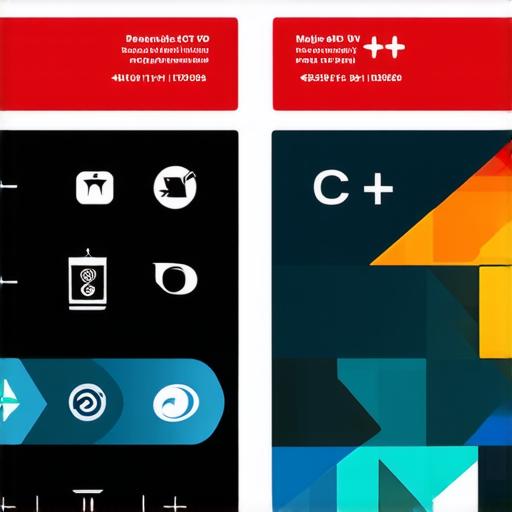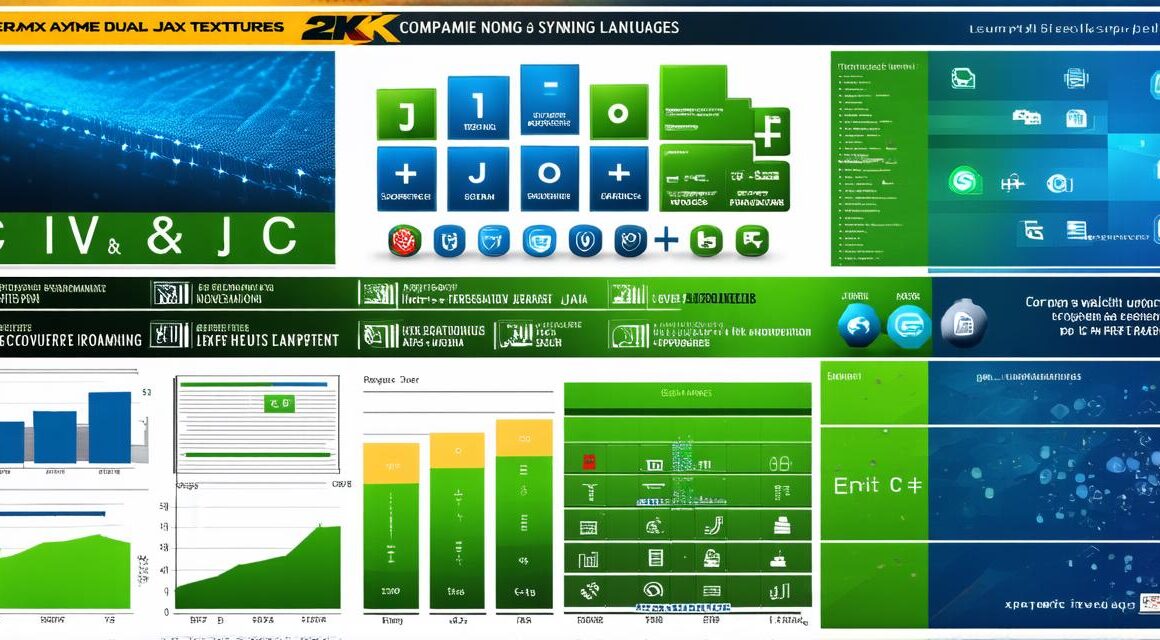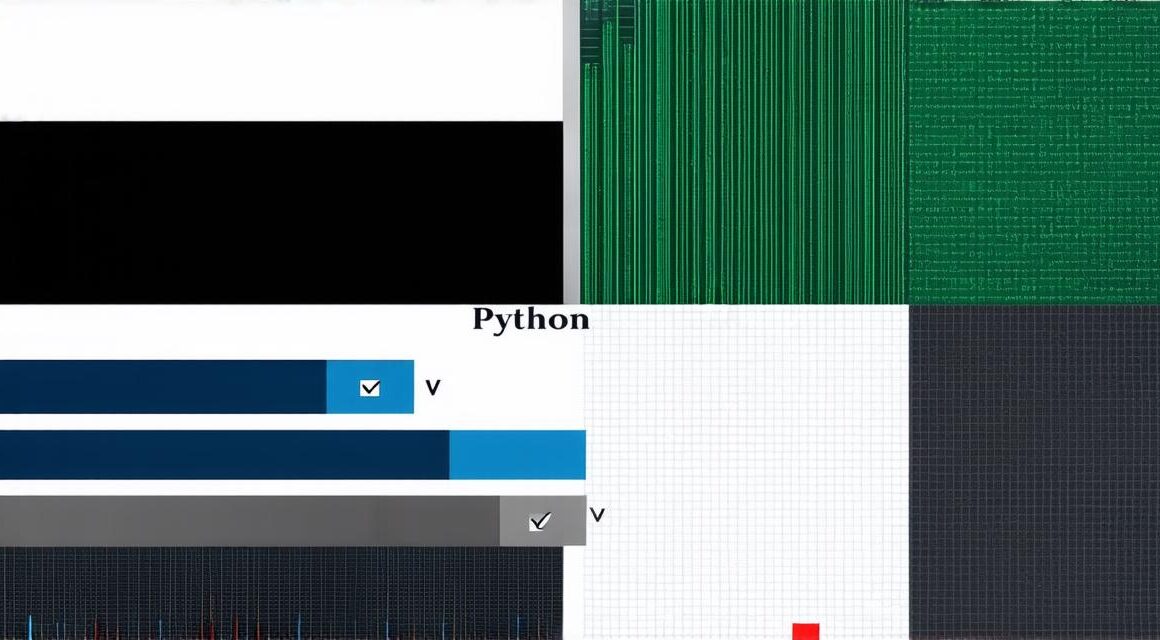Java: A Beginner-Friendly Language
Java is a popular object-oriented programming language that is often used for web development, mobile application development, and game development. It is known for its simplicity and ease of use, making it a great choice for beginners.
Some of the key features of Java include:
- Automatic memory management: Java takes care of managing memory automatically, which means you don’t have to worry about memory leaks or other low-level issues.
- Syntax: Java has a clean and concise syntax that is easy to read and write, even for beginners.
- Platform independence: Java code can run on any platform with a Java Virtual Machine (JVM), which means you don’t have to worry about writing different code for different operating systems.
C++: A More Advanced Language
C++ is a powerful and versatile programming language that is often used for system programming, game development, and other performance-critical applications. It is known for its speed and efficiency, but it also has a steeper learning curve compared to Java.
Some of the key features of C++ include:
- Manual memory management: In C++, you are responsible for managing memory manually, which means you have to be careful about memory leaks and other low-level issues.
- Syntax: C++ has a more complex syntax than Java, with more advanced features like templates, lambdas, and smart pointers.
- Performance: C++ is generally faster and more efficient than Java, which makes it a good choice for applications that require high performance.
Comparing the Difficulty Levels
When it comes to comparing the difficulty levels of Java and C++, there are a few key factors to consider.

* Syntax: As we mentioned earlier, Java has a clean and concise syntax that is easy to read and write, even for beginners. C++, on the other hand, has a more complex syntax with more advanced features like templates, lambdas, and smart pointers. This can make C++ more challenging for beginners to learn.
* Learning Curve: Java is generally considered to be easier to learn than C++, thanks to its clean syntax and platform independence. C++, on the other hand, has a steeper learning curve due to its more complex syntax and manual memory management requirements.
* Performance: C++ is generally faster and more efficient than Java, which makes it a good choice for applications that require high performance. However, this comes at the cost of a steeper learning curve and more advanced features that can be harder to master.
Conclusion
In conclusion, when it comes to comparing the difficulty of Java and C++, Java is generally considered to be easier to learn due to its clean syntax and platform independence. C++, on the other hand, has a steeper learning curve due to its more complex syntax and manual memory management requirements, but it also offers better performance and more advanced features. Ultimately, the best choice of language will depend on your specific needs and goals as a developer.



